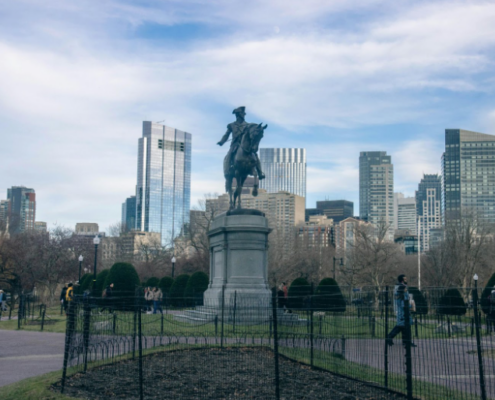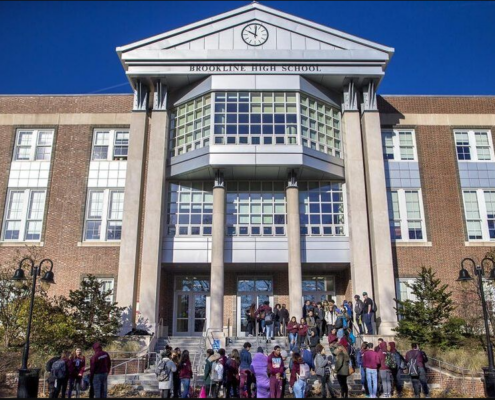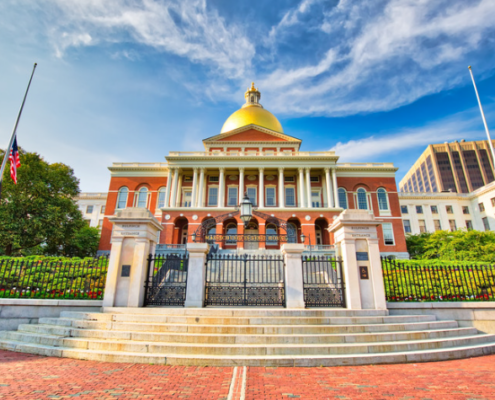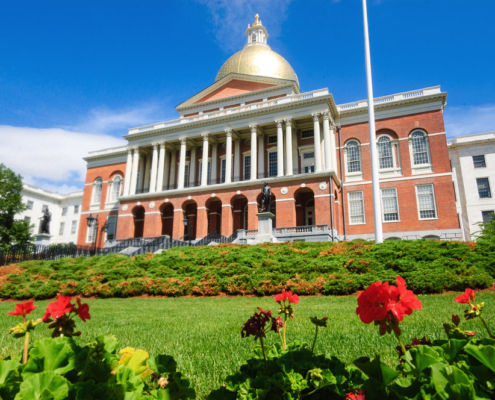Pioneer Institute Applauds Secretary Galvin’s Legislation to Subject Governor’s Office to Public Records Law, Calls for End to Legislative Exemption
Pioneer Institute applauds Secretary of State William Galvin for filing legislation that would subject the governor’s office to the Commonwealth’s public records law. Since 1997, Massachusetts governors have broadly interpreted the Supreme Judicial Court’s ruling in Lambert v. Judicial Nominating Council to shield themselves from releasing certain documents. Secretary Galvin’s legislation would prohibit future governors from doing so.
Pioneer has long requested that Governor Baker formally extend his administration’s public records reform efforts to his own office through means such as an executive order or a gubernatorial memorandum.
“The Massachusetts governor’s office is the only one in the nation to claim a blanket exemption from public records laws,” said Pioneer Director of Government Transparency and COO Mary Connaughton. “Secretary Galvin’s legislation is an important step toward a more free and open government that the Commonwealth’s citizens deserve.”
The next step in bringing transparency to state government would be to further extend applicability of the public records law to the legislature and administrative operations of the judiciary. The law currently applies to all of state and local government except the legislature. As with the governor’s office, broad interpretations of court rulings have led to the judiciary being exempted.
Get Updates on Our Pioneer Public Initiatives!
Related Posts:












